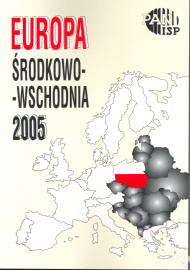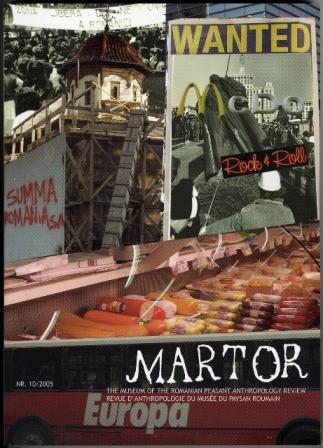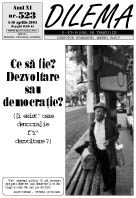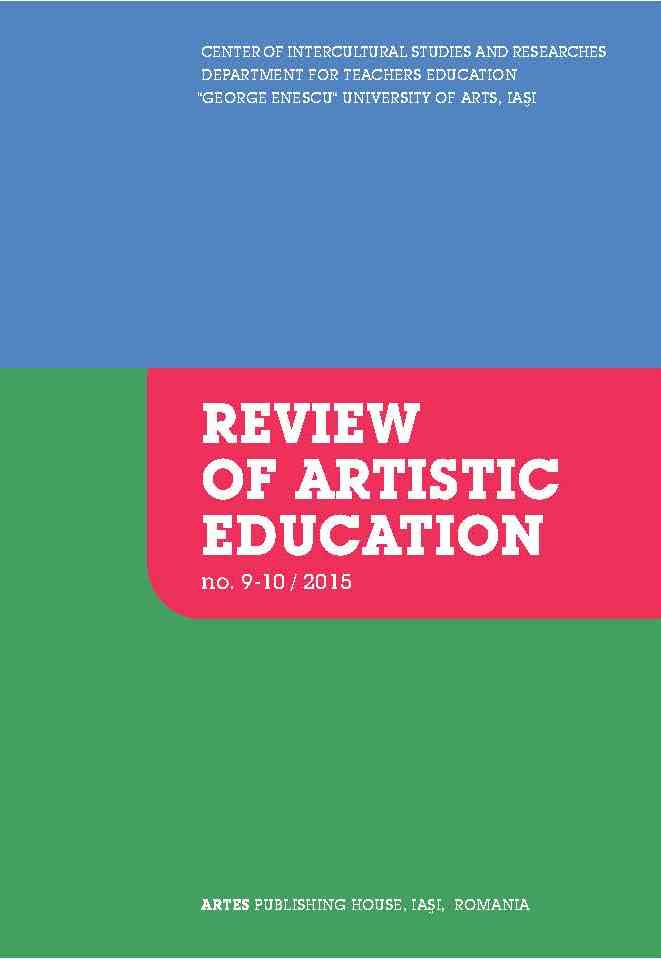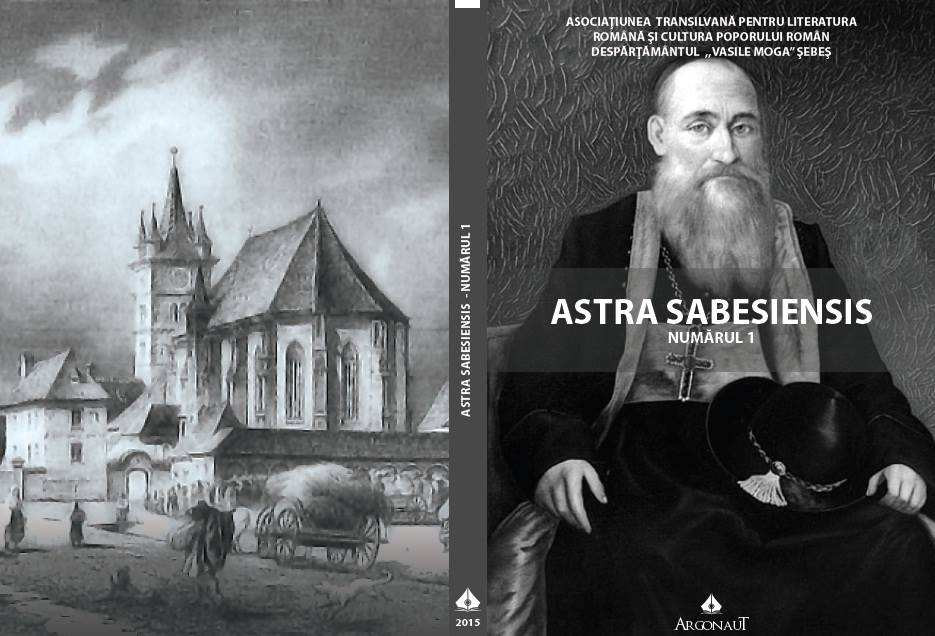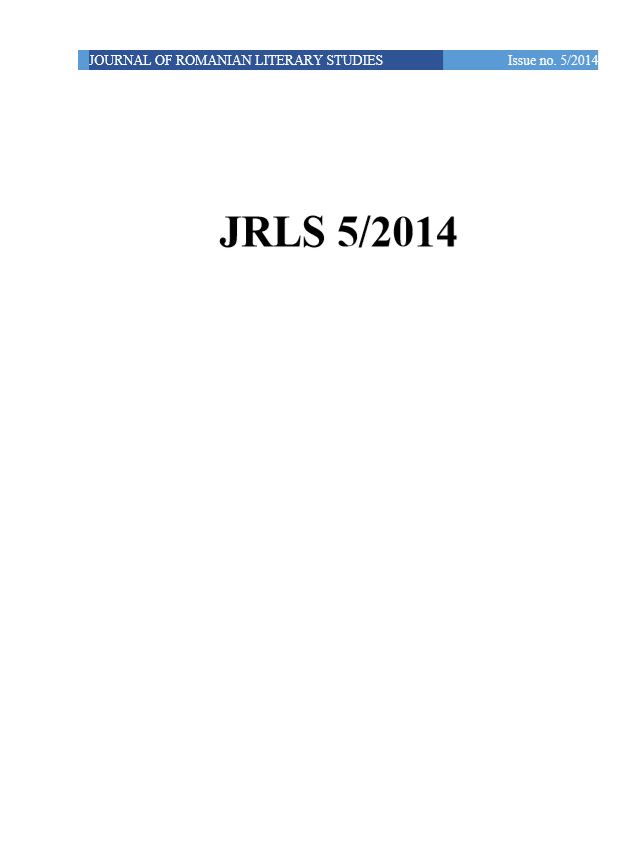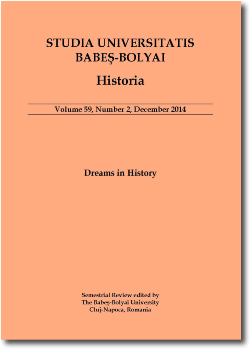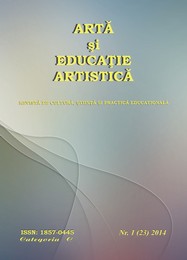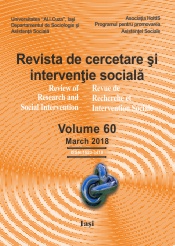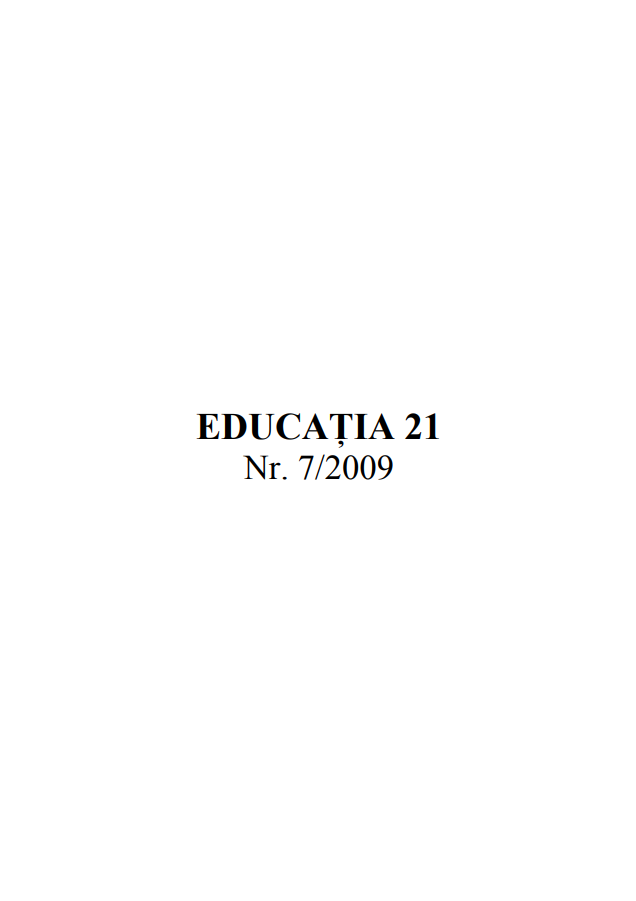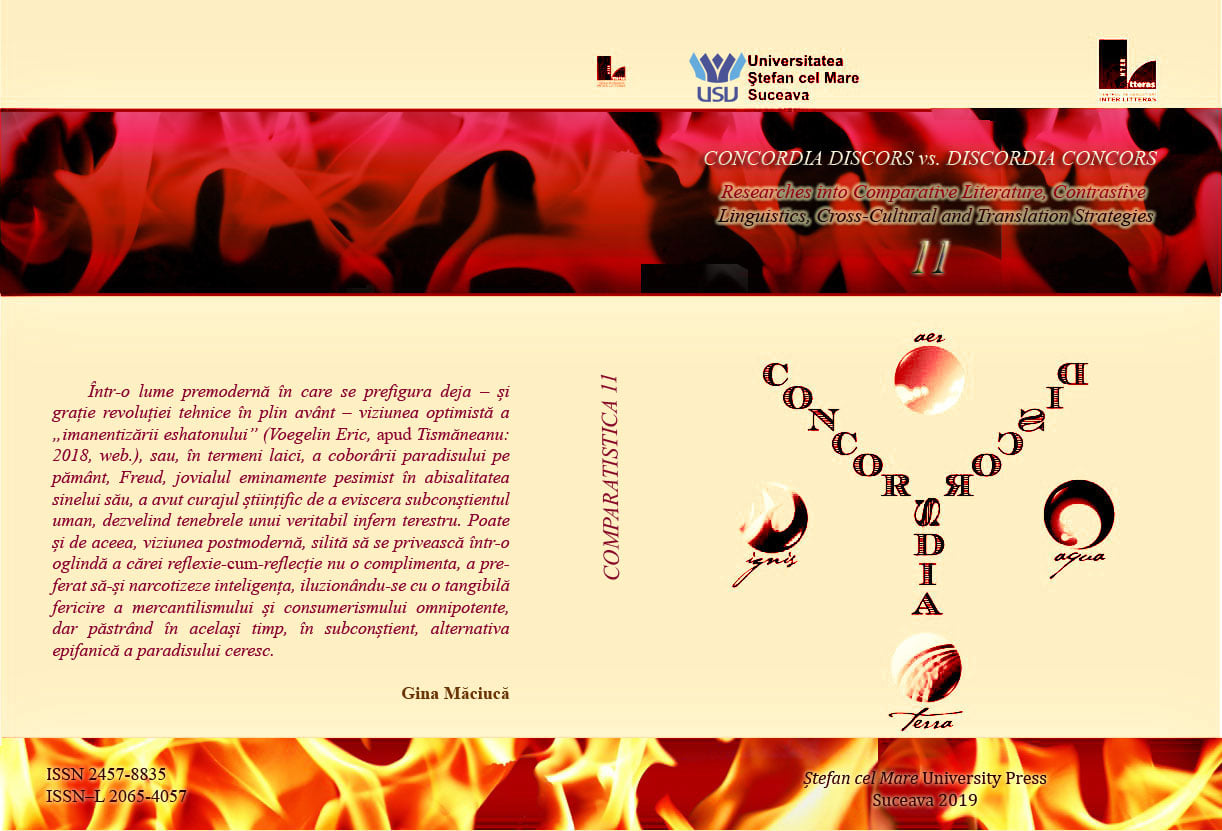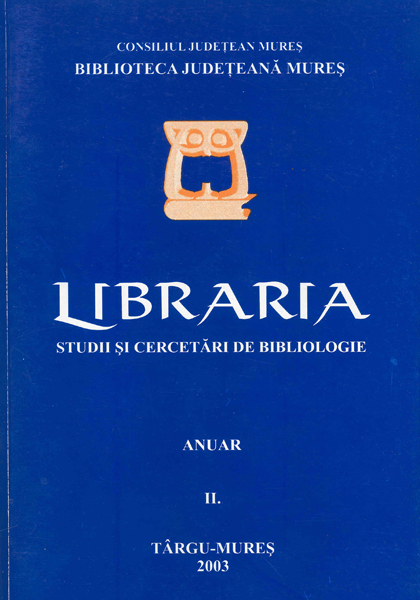Biblioteca Judeţeană Mureş la 90 de ani
Author(s): Dimitrie Poptămaș / Language(s): Romanian
/ Issue: 2/2003
Keywords: Libraria; Biblioteca Județeană Mureș; biblioteconomie; bibliologie; carte veche; carte bibliofilă; istorie locală; servicii de bibliotecă; Biblioteca Teleki; carte veche românească;
At the begining of the new millenium Mures, County Library celebrated both two hundred years of public reading at Tärgu-Mures and ninety years of existence. The first anniversary is connected to Teleki Library, one of the most valuable European cultural treasure. It was the private library of count Teleki Samuel (1734-1822) and contains some of the most important books that could be found during the 18 and 19 century. In 1802 Teleki decides to share his library to all those interested in reading.
The second anniversary reffers to the building of the so-called Cultural Palace and the inauguration of City Library. The Cultural Palace was build between 1911-1913 according to the plans made by Komor Marozell and Jakab Dezső. Its role was to shelter the City Library, the local Music Academy, the Museum of Ethnography, a school for foreign languages, a conference hall and a concert hall. Its impressive ornamentation — paintings, bas-reliefs, stained glass windows etc. — realised by Körösfai K. Aladár, Roth Micsa and Nag}' Sándor, transformed the building into a real artistic monument.
The library was very well organized on modern bases: sixty places at the reading-hall, modern furniture, glass cases for exhibitions etc. Its capacity of storing books was about 300 thousand unities.
The first responsable for the library's well function was Molnár Gabor, one of the financial upholders of the building. In 1922, Aurel Filimon also began his activity at this library; he tried and succeded in enriching the library's collections with o lot of valorous books.
After the tragic moments from the begining of the 40's, a lot of changes took place in this library: Filimon was fired and the new manager became Vigh Károly, who had to comply with the new requests: the withdrawal of Romanian books, the donation of bibliophile values etc. After World War, the institution had to obbey to Sovietic influences and, in this way, began the most dramatic period of cultural censorship.
According to the new rules, in 1951 the City Library became Regional Library and Rácz Béla was appointed as manager. He was succeded by Bártok Ibolya, Halász Borbála, Stefan Stänoiu, Solomon Frätilä, Romeo Pojan, Iulius Moldovan; in 1985 the library's manager became Dimitrie Poptämas.
In 1974 the Regional Library became County Library and among its dudes, it had to be a kind of supervizor for all the librairies from Mures County. In the same year, Teleki Library was subordinated to County Library.
More...

